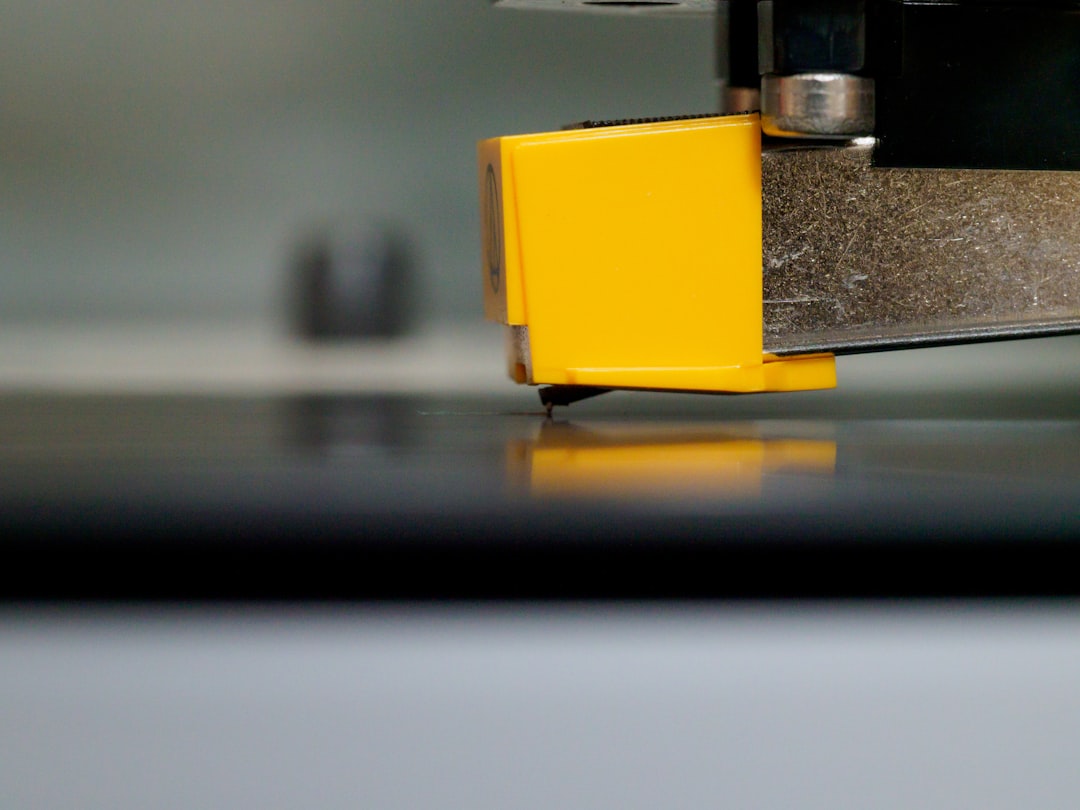Forget Mining: This Startup Wants to 'Print' Gold Using a Mini-Sun

For centuries, alchemists chased an impossible dream: turning common metals into pure, glittering gold. Now, a US startup claims it's on the verge of cracking that ancient code, not with magic, but with the white-hot power of nuclear fusion.
California-based Marathon Fusion is making the audacious claim that it has devised a method to transmute one element into another, effectively creating gold from mercury. This isn't just a fantasy; the company proposes using the very same technology scientists are developing to create clean, limitless energy—the 'artificial sun' of a fusion reactor.
Of course, the idea of creating gold isn't entirely new to modern physics. Scientists at world-famous facilities like CERN's Large Hadron Collider have technically already done it by smashing subatomic particles together at incredible speeds. The catch? The process is astronomically expensive and stunningly inefficient. One experiment at CERN, for instance, produced a mere 29 picogrammes of gold over four years of operation. At that rate, you'd need to wait hundreds of times the age of the universe just to produce a single ounce.
Marathon Fusion's plan is radically different and, they argue, far more viable. Instead of using brute force, they propose a more elegant solution that harnesses the byproducts of a fusion reaction. Their proposed reactor would generate a massive storm of high-energy neutron particles. By placing a specific form of mercury in the path of this neutron storm, the mercury atoms would be transformed into a different, radioactive version of the element known as mercury-197.
And here's the magic trick at the heart of their plan: mercury-197 is unstable. It naturally decays over a short period, and in doing so, it sheds a particle and transforms into one of the most coveted elements on Earth: gold.
While the concept is electrifying, it hinges on mastering commercial-scale nuclear fusion itself—a monumental challenge that scientists worldwide are still racing to solve. But if Marathon Fusion can pull it off, it could completely upend the global economy. Is the world on the verge of a 21st-century gold rush powered by physics, or is this simply the latest, most advanced chapter in humanity's long and glittering obsession with creating gold from scratch?


